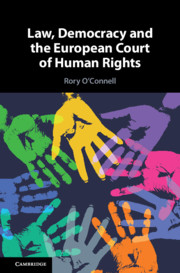Background: Cognitive-behavioural therapy can change dysfunctional symptom attributions in patients with hypochondriasis. Past research has used forced-choice answer formats, such as questionnaires, to assess these misattributions; however, with this approach, idiosyncratic attributions cannot be assessed. Free associations are an important complement to existing approaches that assess symptom attributions. Aims: With this study, we contribute to the current literature by using an open-response instrument to investigate changes in freely associated attributions after exposure therapy (ET) and cognitive therapy (CT) compared with a wait list (WL). Method: The current study is a re-examination of a formerly published randomized controlled trial (Weck, Neng, Richtberg, Jakob and Stangier, 2015) that investigated the effectiveness of CT and ET. Seventy-three patients with hypochondriasis were randomly assigned to CT, ET or a WL, and completed a 12-week treatment (or waiting period). Before and after the treatment or waiting period, patients completed an Attribution task in which they had to spontaneously attribute nine common bodily sensations to possible causes in an open-response format. Results: Compared with the WL, both CT and ET reduced the frequency of somatic attributions regarding severe diseases (CT: Hedges's g = 1.12; ET: Hedges's g = 1.03) and increased the frequency of normalizing attributions (CT: Hedges's g = 1.17; ET: Hedges's g = 1.24). Only CT changed the attributions regarding moderate diseases (Hedges's g = 0.69). Changes in somatic attributions regarding mild diseases and psychological attributions were not observed. Conclusions: Both CT and ET are effective for treating freely associated misattributions in patients with hypochondriasis. This study supplements research that used a forced-choice assessment.


